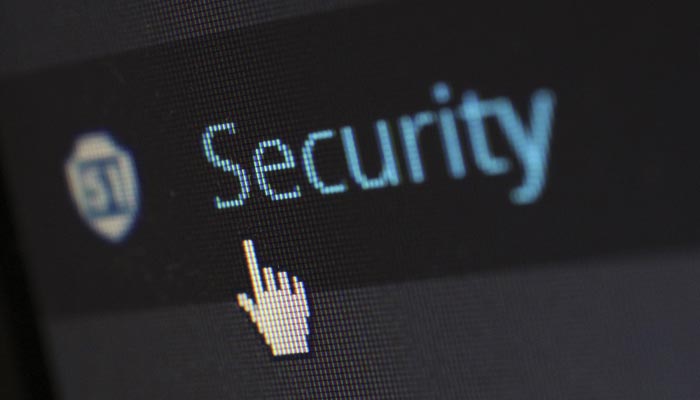Technology
Tips On Your WiFi Security From the FTC

All of your data might be at risk!
Okay, now that I’ve got your attention, I think it’s worth spending some time chatting about your WiFi security and how to stay safe on the World Wide Web. Whether you are using your personal home network or a WiFi hotspot in the far corners of the world like this company offers, you should always be aware of your digital surroundings.
Helpful Tips and Tricks
Here are some helpful tips and tricks from the Federal Trade Commission… without the stuffiness of a government website:
- When you are on a public network make sure that you are only sending personal information on websites that are encrypted. From the time you log in to the time you log out you should be on an encrypted site, if at any point you notice that you are no longer on an encrypted page, you should log out immediately.
- Don’t stay permanently logged in anywhere. When you are finished, log out. Especially on hotel computers, giving people access to even your email could give them a lot of information.
- Do not use the same password on different sites. I know, yeah, right… but think about it like this. If anyone got the password for one, they would have access to all of your everything. Even variations of the same password are slightly safer, yet still not as safe as different passwords for everything.
- Most browsers will tell you if you are visiting a malicious or fraudulent website. Make sure you pay attention to these notifications from your browser, and keep your anti-virus and spyware updated.
- If your mobile device is set up to connect to any open WiFi network near you, change the setting so that you are in control of which networks you are connected to.
- If you need to use a public network to send sensitive information, you could use a virtual private network (VPN) which encrypts everything that you are sending no matter if the site is encrypted or not. These services are available from various VPN providers and are a good way to stay safe when working out of the office.
- Although most network use a WEP or WPA encryption, the safest is WPA2. You can find this info on the router… if you have access to it.
- Some web browsers have add-ons that you can download that offer stronger and more stringent protection and notifications when you are vulnerable. Check out the add-on store in your favorite web browser to see what they have to offer. Mozilla and Chrome has the most.
How do you feel now? A bit more armed against the wild wild west of the world wide web? Or just scared to go back online now that I’ve sufficiently freaked you out? The world wide web isn’t as terrible as it seems, but it’s certainly a place where you are vulnerable without even knowing it… so the more you know, the safer you are!





